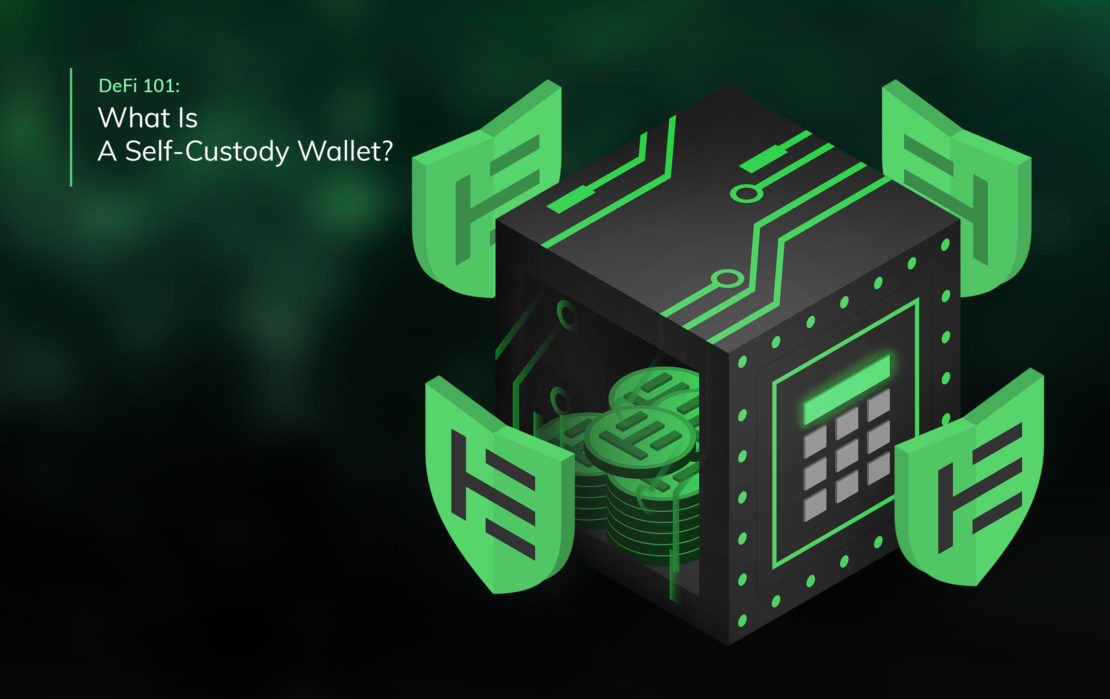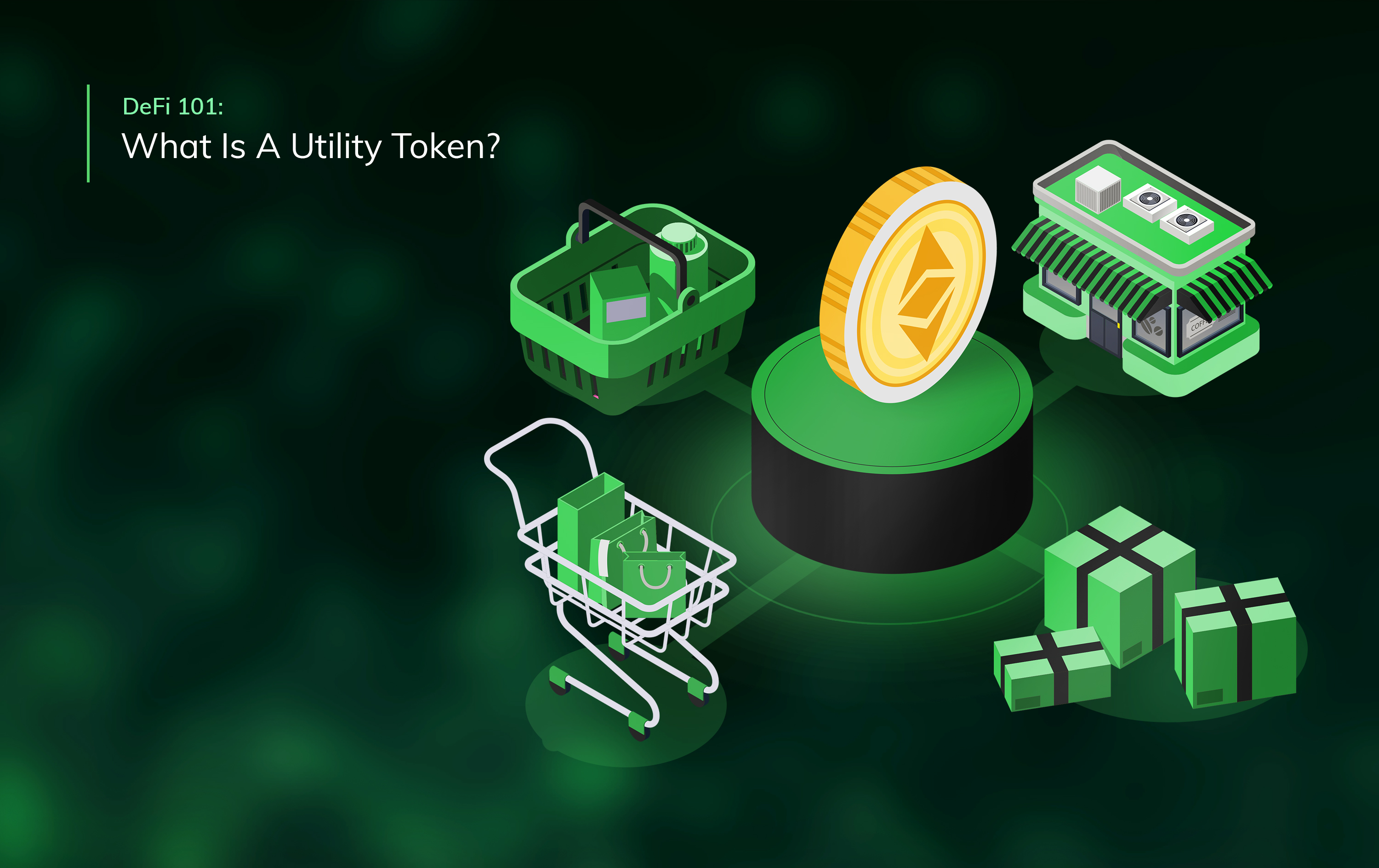DeFi 101: What Is A Self-Custody Wallet?
A self-custody wallet is a crypto wallet to which only you have access. Unlike with a bank, no intermediary sits between you and your assets, and you have the sole responsibility for keeping them safe.
— —
At one point, FTX was one of the biggest cryptocurrency exchanges in the world.
Thousands of users trusted the platform with their assets, storing several billion dollars worth of tokens in its custodial wallet.
This meant that FTX had effective ownership of these assets. Meaning when the exchange collapsed, users had no immediate way to retrieve them. They disappeared down the black hole of insolvency.
Had these users held their assets in a non-custodial wallet (otherwise called a self-custody wallet), this would not have been the case. That’s because self-custody wallets grant users sole ownership of their contents, eliminating third parties from the equation.
No one can move the assets in a self-custody wallet without the owner’s permission. No exchange can tie them into bankruptcy proceedings. And this makes them the perfect storage solution for a particular type of user.
That said, there are pros and cons to custodial and non-custodial wallets alike. Let’s take a moment to run through them.
Custodial crypto wallets: good and the bad
Most custodial wallets are web-based exchange wallets. Suppose you hold some assets on Coinbase. You’re keeping them in its custodial wallet.
In this instance, you’re trusting Coinbase to keep your assets secure. And you’re trusting that Coinbase won’t fall into the difficulties that could put your assets at risk. If that sounds like a lot of trust, there’s a balance to strike.
You see — even if a custodial wallet asks you to trust a third party, it removes the stress of you having to trust yourself. Because custodians take on the responsibility of keeping your valuable assets secure.
This can be a more convenient, less stressful setup than choosing self-custody, even more so given that if you forget a password, you just have to click a link to reset it. In contrast, if you lose the credentials to a self-custody wallet, you could lose your assets forever.
We’ll get into how you can recover self-custody wallets in the next section. But to sum up this part, here’s why many people still prefer the custodial route:
- The custodian takes responsibility for keeping your assets safe
- The custodian offers a simple workaround if you forget your credentials
Still, you do have to find a custodian you can trust, which takes some work. But in the era of decentralised finance, that process is getting easier. But what about the pros of self-custody crypto wallets?
Let’s dig into those now.
Self-custody crypto wallets: your keys, your coins
Self-custody crypto wallets put all the eggs in your basket. You own your wallet’s credentials, giving you sole control of its contents.
Some people like this setup as it eliminates third-party risks. But as we said, self-custody introduces a host of other risks, especially if you choose a ‘hot’ wallet (a browser-based wallet that sits on your laptop or smartphone).
———
Hot wallets still give you sole custody of your assets. But they connect to the internet, making them more vulnerable to hacks and scams. That’s because a criminal could dupe you into signing a malicious smart contract.
And if you do, the perpetrator could drain your wallet of all its assets. The way to counteract this is to use something called a ‘cold’ wallet.
———
Cold wallets are typically hardware devices, most often a USB. Cold wallets are offline most of the time, eliminating the risk of a hack. And even when they connect to a device to confirm a transaction, they don’t expose any sensitive information.
———
That’s why even a malware-infected computer can’t compromise your assets when using a cold wallet. And this makes them much more secure than hot wallets.
But they still call for a considerable degree of trust in yourself. Reason being — if you lose or destroy your cold wallet (or forget the password), you might have to wave goodbye to your assets; that’s if you haven’t kept a backup, but even the backup is a risk factor.
You see, self-custody wallets use something called a seed phrase (a collection of 24 words) in case you need to restore them. And if someone found those 24 words.
They could drain your self-custody wallet in seconds.
Self-custody or custodial? It’s a matter of trust.
There’s no right or wrong answer to this question.
Self-custody wallets are more secure in principle. However, they introduce risks that some people aren’t comfortable with.
You have to trust yourself to keep both your wallet and your credentials (password and seed phrase) secure. Because if you don’t, you risk losing everything. On the other hand, if you choose a custodial wallet, you have to trust someone else to do the same.
Now, there are plenty of experienced custodians who merit your trust. And their wallets are often the best storage solution for a select group of users. Take Elitium’s custodial wallet as a prime example.
It was built by a CTO with over 20 years of experience in cyber security and over a decade working with blockchain technology. What’s more, Elitium has proven, time and again, to be one of the most reliable crypto platforms around.
That’s why thousands of clients trust us with over $25m of their assets, so if you’re unsure if a self-custody crypto wallet is for you.
You can always secure your assets with a trusted custodian like Elitium.




